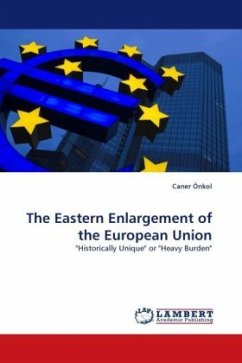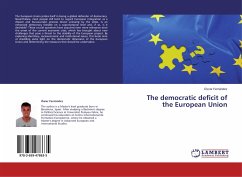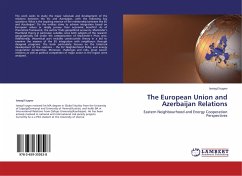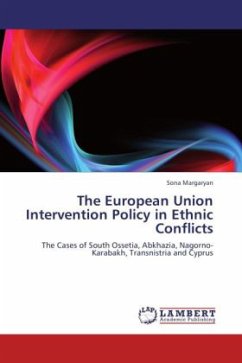In this book the extent of the problem of a democratic deficit in the European Union is analyzed. Through a method based on works by Christopher Lord and Andrew Moravscik it tries to compare the complex and unorthodox political system of the EU against those of the advanced industrial democracies . Using the four preconditions (authorization, representation, accountability and identity) necessary within a democracy it becomes very clear that the decision-makers have recognized the issue of democracy in the European Union. This has lead to numerous improvements in this area since the Treaty of the European Union was signed in 1992. The question is if these improvements have closed the gap between the democratic practices of the European Union and those of the advanced industrial democracies .
Bitte wählen Sie Ihr Anliegen aus.
Rechnungen
Retourenschein anfordern
Bestellstatus
Storno








